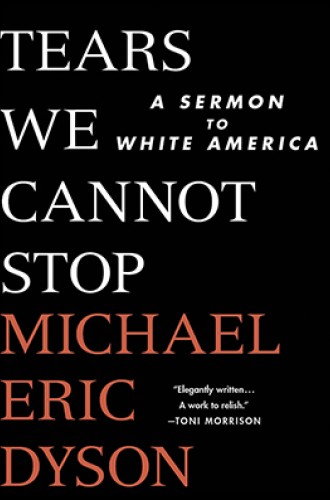Michael Eric Dyson takes white America to church
Dyson’s sermon on racism is inspiring, but will it speak to those who need to hear it most?
There once was a time when police forces bullied African-American men, when Americans heard almost daily news reports of black men murdered as groups of whites watched, and when local, state, and federal governments did little to stop the mayhem. That time is now.
That time was also 100 years ago. In the midst of World War I, the lynching of black men by whites two to three times per week, and rampant economic, social, and political discrimination, W. E. B. Du Bois wrote an incredible book. Darkwater: Voices from Within the Veil contained a credo and a litany; it matched sociological analysis with bitter poetry; it provided new gospel stories of Jesus in the United States with insightful examinations of gender roles. Darkwater was and is difficult to classify. It was more than a book. It was art. It was poetry. It was prophecy. Du Bois claimed it came through him from God.
Michael Eric Dyson has produced a very similar work. Tears We Cannot Stop is history, cultural analysis, autobiography, a manifesto, and, at heart, a sermon. Dyson implores us to stop and listen. He identifies race, and especially the black-white divide, as the primary problem of American history, society, culture, and politics. He maintains that black people and white people occupy different universes and that the cancer of white racism eats away at the moral body of civil society. He spends most of his time identifying the disease before providing prescriptions for healing at the end.






